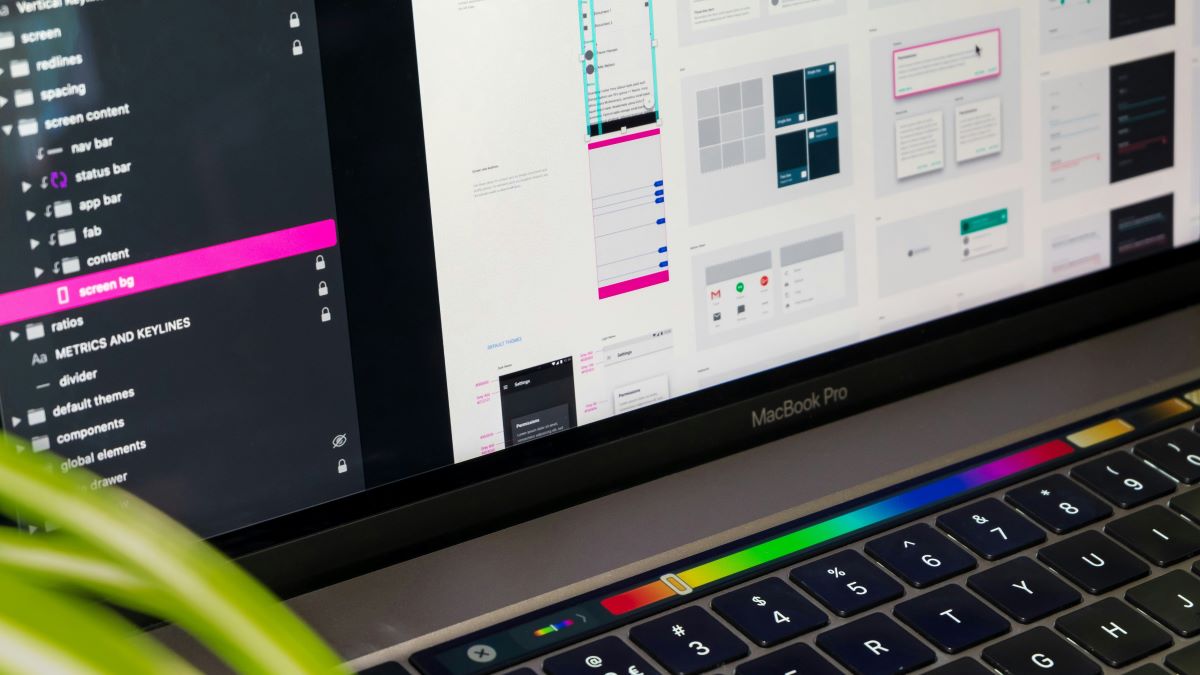4 Ways AI Transforms the User Experience in University Portals
In today’s digital age, universities are moving towards creating more intuitive and responsive digital experiences to meet the evolving needs of their students, faculty, and staff. University portals, once mere repositories for academic resources and essential tools, are now expected to provide a seamless, personalized, and user-friendly experience. The implementation of artificial intelligence (AI) in these portals is helping institutions exceed these expectations, transforming them into dynamic hubs that facilitate learning, streamline administrative tasks, and enhance engagement. AI has the potential to significantly improve the user experience by making university portals more responsive, intuitive, and personalized.
AI-powered tools such as chatbots, predictive analytics, and personalized recommendations are revolutionizing how students interact with their university portals. These technologies make it easier for students to find information, keep track of academic deadlines, and access resources tailored to their individual needs. By integrating AI, universities are not only enhancing user satisfaction but also promoting higher levels of engagement and academic success. Here, we’ll explore four key ways AI is transforming the user experience in university portals, reshaping higher education for the better.
1. Personalized Learning Pathways
One of the most significant ways AI is transforming university portals is by offering personalized learning pathways. Through machine learning algorithms, university portals can analyze a student’s past performance, learning style, and academic goals to suggest tailored courses, study materials, and resources. For example, if a student excels in mathematics but struggles with biology, the portal can recommend additional resources, such as tutoring services, study guides, or related workshops to help improve their understanding of the subject.
By curating content based on each student's individual needs, AI makes the learning process more efficient and relevant. This personalized approach can also suggest extracurricular activities, mentorship opportunities, and career counseling sessions that align with the student’s interests and academic trajectory. Personalization not only enhances the academic experience but also fosters a sense of belonging and motivation, as students feel that the university is invested in their success and well-being. This transformative approach to learning and academic planning is helping students make more informed decisions and stay engaged throughout their educational journey.
2. Intelligent Chatbots for 24/7 Assistance
AI-powered chatbots are becoming increasingly popular within university portals as they provide instant, around-the-clock support. Students often have questions about enrollment, financial aid, academic deadlines, and campus events, and waiting for office hours to get answers can be frustrating. With chatbots, students have access to instant responses, helping them resolve issues and find information quickly without needing to contact administrative staff. These chatbots can answer a wide range of questions, from "How do I change my major?" to "When is the last day to drop a class?" or "What scholarships are available?"
Moreover, AI chatbots are capable of handling multiple languages, making it easier for international students to access resources in their native language. As these bots learn from user interactions, they become more efficient over time, capable of addressing increasingly complex inquiries. By integrating chatbots into university portals, institutions can improve operational efficiency and provide a consistent, high-quality user experience that makes students feel supported and valued, no matter the time of day.
3. Predictive Analytics for Academic Success
Another way AI is revolutionizing university portals is through predictive analytics, which helps both students and faculty monitor academic progress and anticipate potential challenges. Predictive analytics tools analyze a student’s performance metrics—such as attendance, grades, and engagement with course materials—to identify patterns that indicate whether they may be struggling in certain areas. This proactive approach allows academic advisors or instructors to intervene early, offering resources or additional support before students fall too far behind.
For students, this technology provides real-time feedback on their academic standing, encouraging them to make adjustments to their study habits, seek additional help, or engage with relevant resources when necessary. Predictive analytics also enable universities to identify trends among the student body, such as courses with high failure rates or common areas of struggle. By addressing these trends, universities can enhance course content, improve instructional methods, and provide targeted resources, ultimately creating a more supportive and adaptive learning environment.
4. Enhanced Security and Data Protection
With the increasing reliance on digital platforms, the security of sensitive information is a top priority for universities. AI-powered security systems are enhancing data protection in university portals by detecting and responding to potential threats in real-time. Machine learning algorithms can monitor login patterns and user behaviors, alerting administrators of unusual activities that may indicate a security breach. For instance, if a student’s account is accessed from multiple locations within a short period, the AI system can flag the activity and initiate further security protocols.
Additionally, AI can support multifactor authentication and biometric verification, providing students and faculty with a more secure login experience. As cyber threats become more sophisticated, AI helps universities stay ahead by continuously adapting to new risks. Not only does this level of security protect students’ personal information, but it also builds trust in the university's digital infrastructure. By ensuring that sensitive data is safeguarded, universities can focus on creating a user-friendly experience without compromising on security.
Elevating the User Experience with AI
AI is setting a new standard for university portals by making them more personalized, accessible, responsive, and secure. From recommending learning pathways tailored to each student’s unique needs to providing 24/7 assistance through intelligent chatbots, predictive analytics, and enhanced security measures, AI is transforming how students engage with their academic institutions. As AI continues to evolve, the future of university portals looks brighter, with even more potential to create a seamless, supportive, and dynamic experience for students and faculty alike.
For organizations and educational institutions aiming to stay ahead in this rapidly changing landscape, upskilling in modern UI/UX practices is essential. WorkForce Institute offers an


